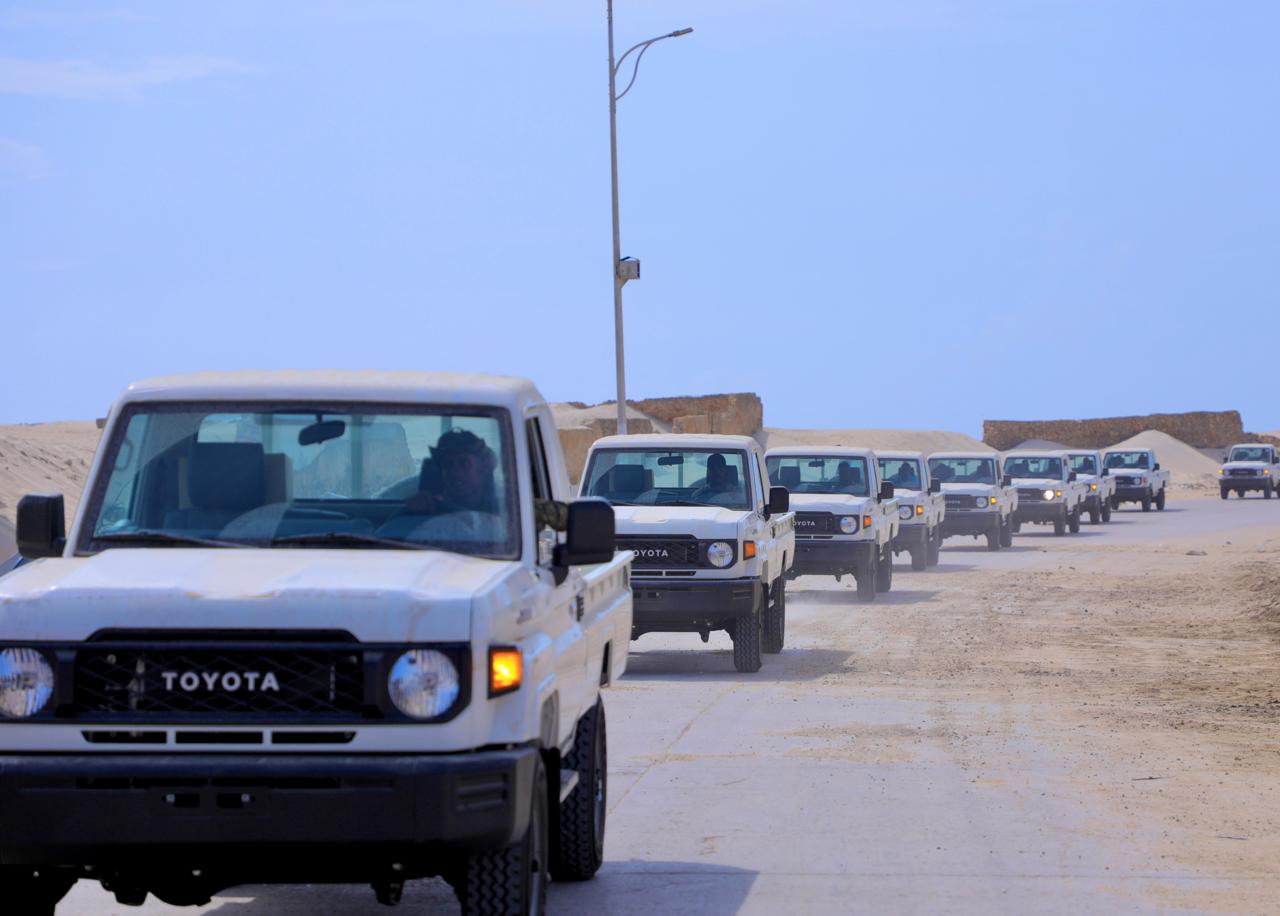Zimbabwe has called for increased collaborative funding of cross-border projects in Southern Africa as the country continues to push for enhanced regional cooperation to upgrade transportation networks.
This came out yesterday, during the Africa Road Maintenance Funds Association-Southern Africa Focal Group (ASAFG) meeting held in Victoria Falls under the theme: “The Relationship of Road Funds and Road Agencies in the Maintenance of Roads in Southern Africa.”
Transport and Infrastructural Development Permanent Secretary, Engineer Joy Makumbe implored the region to come together to boost regional cooperation and transportation infrastructure development.
“By sharing resources, knowledge, and best practices, we can strengthen our capacity to maintain our road networks more effectively.
“We must explore the possibility of pooling funds for large, cross-border projects or jointly financing road rehabilitation programmes that serve the entire Southern African region,” she said.
The sheer volume of work required, combined with rapid urbanisation and increased vehicle traffic, Eng Makumbe said, had placed immense pressure on road infrastructure.
In some cases, she also added that the available funds are insufficient to cover both routine maintenance and large-scale road rehabilitation projects, leading to a backlog in critical works.
Eng Makumbe also revealed that Southern Africa often grapples with the fragmentation of efforts.
“Too often, road funds and road authorities operate in silos, with little coordination or communication between them. This leads to inefficiencies, delays, and duplication of efforts.
“It is essential that we break down these silos and create a collaborative environment where road funds and road authorities work as partners, not just in the delivery of maintenance projects but in strategic planning and decision-making.”
Road authorities, Eng Makumbe said must also adopt data-driven approaches to road asset management, using technology to monitor the condition of road networks and prioritise maintenance interventions.
Zimbabwe National Road Administration (Zinara) board chairperson Dr George Manyaya said: “As emerging economies we have a fundamental task of accelerating development and maintenance simultaneously, therefore the responsibility on our shoulders is immense.
“It has been further compounded by the effects of climate change which we cannot ignore, and therefore we cannot afford to act in silos. Indeed collaboration and cooperation are the new business models that we must adopt and leverage for sustainable discharge of our responsibilities as road fund managers.”
Dr Manyaya implored the region to adopt President Mnangagwa’s vision for a modernised and industrialised SADC, as outlined in his August 17, 2024, acceptance speech as SADC Chairperson.
“So we must collaborate to ensure we implement attaining a united and interconnected Africa that effectively utilises its resources towards strategic goals to achieve the Africa we want.
“As we gather for this meeting we must continue coming up with strategies for developing integrated and reliable transportation networks that connect the entire continent and effectively exploit the potential of intra-African trade whilst improving the efficiency of Africa’s international trade networks.”










